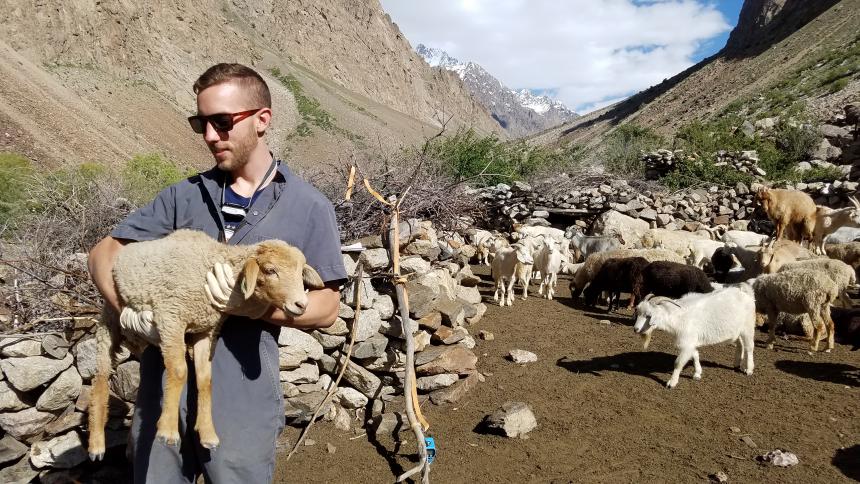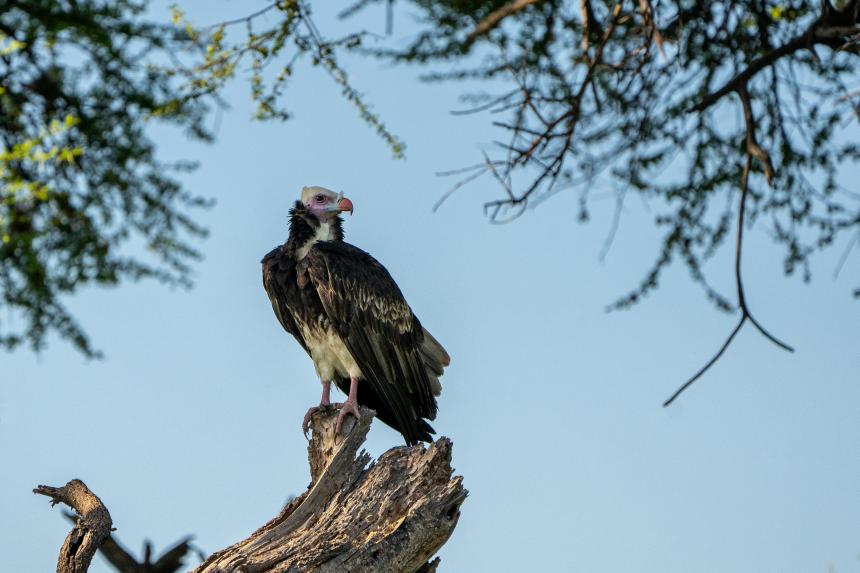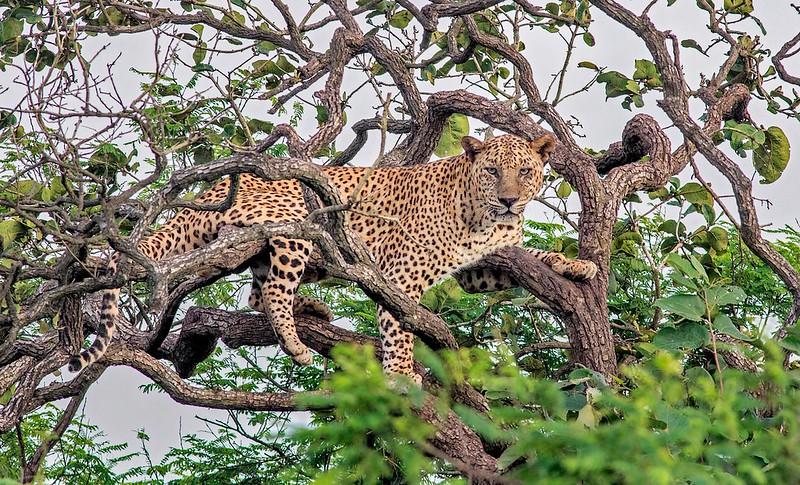In the News

December 20, 2023
On an early Saturday morning in late September 2021, I was half-awake when I logged in to attend the virtual Veterinary One Health Association Symposium. The first presenter was Dr. Laurie Marker, who I then learned was the Founder and Executive Director of the Cheetah Conservation Fund (CCF)....

October 20, 2023
Dr. Martin Gilbert, our wild carnivore health specialist, reflects on his decades-long research into canine distemper virus in endangered wild tigers, from the Russian Far East to Southeast Asia, and the valuable partnerships he has developed to help implement disease surveillance systems to monitor wild tiger health.

September 13, 2023
It was 5:30 am and I was already sweating when I stepped out of my wooden sleeping hut and into the steamy dawn at Nepal’s Chitwan National Park. It was already 85°F but would reach 105°F before noon. I was up before the sun to complete my summer intern research project - a census of free-roaming domestic dogs in the park’s buffer zone....

Podcast
September 05, 2023
Cornell's Dr. Martin Gilbert was interviewed for a Youth Geographic Association podcast about his journey into vulture conservation and ecology in Asia and Africa alongside his revolutionary research that tackled vulture population declines to help promote their recovery.

August 09, 2023
Helen Lee, assistant director of wildlife health and health policy at the College of Veterinary Medicine, talks about the many different responsibilities of her role and the journey that led her back to Cornell where she feels her work is making a difference for wildlife and conservation.

August 01, 2023
Cheetahs have long been my favorite animal, so it is no surprise that in March of 2023, I embarked on a 49-hour journey to the country with the largest population of cheetahs. I have wanted to work with cheetahs since I was five years old....

July 06, 2023
At an altitude of 13,000 feet, I’m strangely captivated by the beads of water collected on the ceiling of my thin nylon shelter. An individual drop slowly swells and parts from its neighbors, plummeting down and crashing on the surface of my sleeping bag....

Blog
June 23, 2023
With the help of Dr. Martin Gilbert, Cornell veterinary student Christel-Remy Kuck, DVM '24, lends a hand to struggling vulture populations at VulPro, South Africa through Cornell University College of Veterinary Medicine's Expanding Horizons International Education Program.

Blog
June 22, 2023
Welcome to the Living with Leopards Project student intern blog. Join us as we explore the implications of human-leopard conflict in the Himalayan foothills, reporting from Chitwan National Park, Nepal.

May 24, 2023
This past summer, with support from Cornell’s Expanding Horizons Program, I had the opportunity to work with the Cheetah Conservation Fund in Otjiwarongo, Namibia as a veterinary extern....
